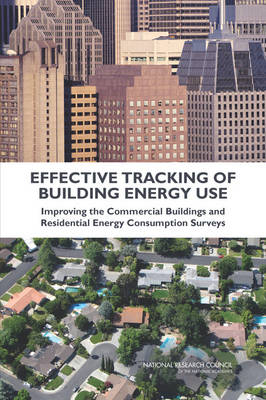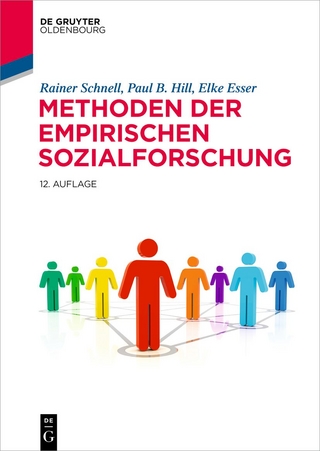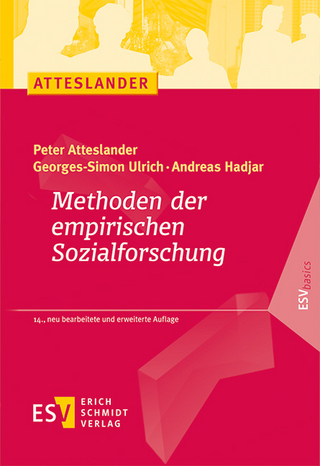
Effective Tracking of Building Energy Use
National Academies Press (Verlag)
978-0-309-25401-4 (ISBN)
The Commercial Buildings Energy Consumption Survey (CBECS) and Residential Energy Consumption Survey (RECS) are two major surveys conducted by the Energy Information Administration. The surveys are the most relevant sources of data available to researchers and policy makers on energy consumption in the commercial and residential sectors. Many of the design decisions and operational procedures for the CBECS and RECS were developed in the 1970s and 1980s, and resource limitations during much of the time since then have prevented EIA from making significant changes to the data collections. Effective Tracking of Building Energy Use makes recommendations for redesigning the surveys based on a review of evolving data user needs and an assessment of new developments in relevant survey methods.
Table of Contents
Front Matter
Summary
1 Introduction
2 Historical Background
3 Commercial Buildings Energy Consumption Survey Program History
and Design
4 Residential Energy Consumption Survey Program History and Design
5 Redesigning the Commercial Buildings Energy Consumption Survey
6 Redesigning the Residential Energy Consumption Survey
7 A State-of-the-Art Energy Consumption Data Collection Program
References
Appendix A: Energy Independence and Security Act of 2007 (P.L.
110-140)
Appendix B: Data Users Who Provided Input to the Panel
Appendix C: U.S. Census Regions and Divisions
Appendix D: U.S. Climate Zones for the 2003 CBECS
Appendix E: Composite Estimation
Appendix F: Letter Report
Appendix G: Glossary
Appendix H: Biographical Sketches of Panel Members and Staff
Committee on National Statistics
Board on Energy and Environmental Systems
1 Front Matter; 2 Summary; 3 1 Introduction; 4 2 Historical Background; 5 3 Commercial Buildings Energy Consumption Survey Program History and Design; 6 4 Residential Energy Consumption Survey Program History and Design; 7 5 Redesigning the Commercial Buildings Energy Consumption Survey; 8 6 Redesigning the Residential Energy Consumption Survey; 9 7 A State-of-the-Art Energy Consumption Data Collection Program; 10 References; 11 Appendix A: Energy Independence and Security Act of 2007 (P.L. 110-140); 12 Appendix B: Data Users Who Provided Input to the Panel; 13 Appendix C: U.S. Census Regions and Divisions; 14 Appendix D: U.S. Climate Zones for the 2003 CBECS; 15 Appendix E: Composite Estimation; 16 Appendix F: Letter Report; 17 Appendix G: Glossary; 18 Appendix H: Biographical Sketches of Panel Members and Staff; 19 Committee on National Statistics; 20 Board on Energy and Environmental Systems
| Verlagsort | Washington |
|---|---|
| Sprache | englisch |
| Maße | 152 x 229 mm |
| Themenwelt | Sozialwissenschaften ► Soziologie ► Empirische Sozialforschung |
| Technik ► Elektrotechnik / Energietechnik | |
| ISBN-10 | 0-309-25401-9 / 0309254019 |
| ISBN-13 | 978-0-309-25401-4 / 9780309254014 |
| Zustand | Neuware |
| Haben Sie eine Frage zum Produkt? |
aus dem Bereich


